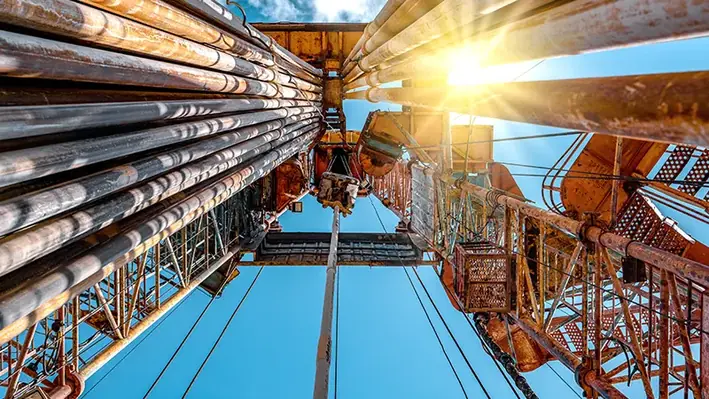
Proposed legislation would direct the US Department of the Interior to submit an annual public report to congress on the status of decommissioning offshore oil and gas wells, platforms and pipelines.
The Plug Offshore Wells Act was introduced by Oregon Senators Ron Wyden and Jeff Markley before the end of 2024 and seeks to address the growing threat of abandoned offshore oil and gas infrastructure to marine ecosystems and the environment.
“Neglected oil wells off our coasts are a ticking time bomb that threaten our coastal communities and environment in Oregon and nationwide,” Wyden explained. “It’s unacceptable that Big Oil has dodged responsibility to clean up drilling sites and pollution. This legislation will provide the data needed to hold Big Oil accountable and protect the public as well as our waterways and marine life."
“Orphaned wells are an environmental catastrophe waiting to explode," Wyden added. "They pose the possibility of massive damage to the ocean by leaking oil and gas and must be addressed quickly.”
In submitting the new legislation (which was co-sponsored by Senators Peter Welch and Ed Markey), the office of Wyden quoted a recent study by the US Government Accountability Office (US GAO) which expressed that more than 2,700 wells and 500 platforms in the Gulf of Mexico are overdue for decommissioning. The study also found that the Bureau of Safety and Environmental Enforcement and the Bureau of Ocean and Energy Management are unable to effectively enforce decommissioning deadlines and financial assurance requirements.
Avoiding decommissioning disaster
The study by US GAO recommended steps congress could take to address the current backlog of overdue decommissioning requirements, including the instituting of new reporting requirements from the Interior Department to Congress on the status of decommissioning.
This is what the Plug Offshore Wells Act aims to do while also reducing financial burdens on taxpayers by increasing oversight of Big Oil companies and holding them accountable for the full terms of their offshore oil leases. The proposed legislation – which is supported by numerous organisations including the Center for Biological Diversity, Earthjustice, Natural Resources Defense Council, Oceana, Ocean Conservancy, Ocean Defense Initiative, and the Surfrider Foundation – has now been officially introduced to congress and has been referred to the Committee on Energy and Natural Resources.




